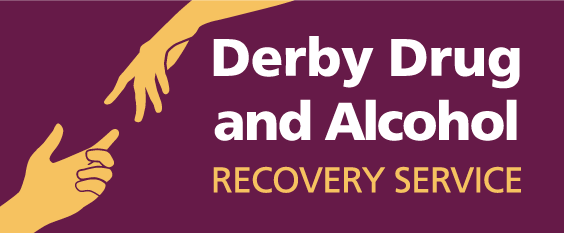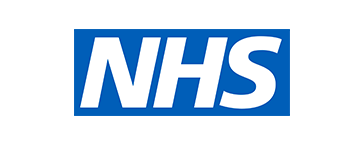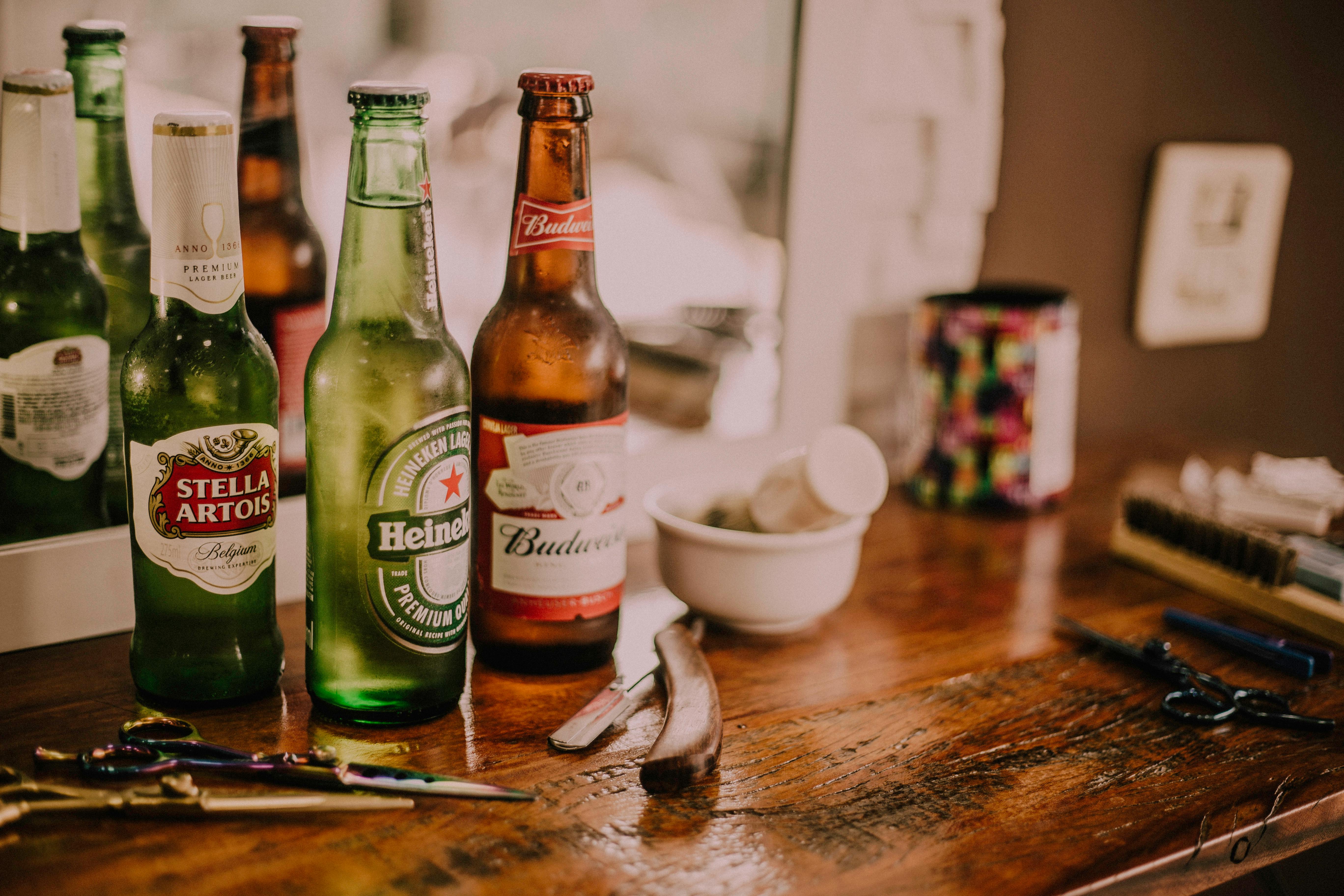The facts about buying alcohol, drinking alcohol in public places and drink driving
Buying alcohol
If you want to buy alcohol in the UK, it’s important to know the legal restrictions that cover the places and times it is allowed to be sold, as well as who is allowed to buy it.
The most obvious restriction is that it’s illegal for anyone under the age of 18 to buy alcohol, anywhere. But what are the other restrictions, and what could happen if you break the law?
Because of the impact it can have on the wider community and the links its misuse has with crime and antisocial behaviour, the sale of alcohol in the UK is restricted. Only certain venues that have obtained a license are allowed to sell it – these can be places like pubs, clubs, restaurants, and some shops.
Breaking the law can result in prosecution for both the person selling alcohol and the person buying it – they can each be prosecuted and fined. Licensed premises can also be fined, or even shut down.
For under-18s, it is against the law
- to buy, or attempt to buy, alcohol if you're under 18
- for an adult to buy, or attempt to buy, alcohol for someone under 18
- to sell alcohol to anyone under the age of 18
Retailers can refuse the sale of alcohol to an adult if they’re accompanied by a child and the shop worker thinks the alcohol is being bought for the child. And the police have the power to confiscate any alcohol they believe will be drunk by someone under-18 in a public place.
There are some limited exceptions that allow under-18s to drink alcohol at home, and for over-16s to consume (but not buy) alcohol with a meal in some licensed premises.
It is also against the law to
- Knowingly sell alcohol to someone who is drunk
- Knowingly buy or obtain alcohol for a drunk person in a licensed premises (like a bar or club)
Drinking alcohol in public places
Did you know that, depending on where you are, drinking alcohol in public could mean you’re breaking the law?
There are different laws and rules covering drinking alcohol in public, on public transport, and to prevent underage drinking in public too.
If you’re over 18, there aren’t any blanket restrictions against drinking in public in the UK. But local councils can put measures in place to stop drinking in certain areas where they believe alcohol could contribute to anti-social behaviour.
In England and Wales, councils can use a ‘Public Space Protection Order’ (PSPO) to stop drinking in public in defined locations.
Drinking alcohol somewhere it’s been banned, or refusing to comply with a police officer’s request, can lead to a fine or an even being arrested.
Being drunk in public
Across the UK, it can be an offence to be drunk in a public place – for example if you’re causing a disturbance, or unable to look after yourself. Police have powers to issue fines, or make an arrest depending on the severity of the offence.
In England and Wales, if you commit an alcohol-related offence, you could also be given a Drinking Banning Order (DBO), which can mean you may not be allowed to drink or possess alcohol in public for a period of up to two years.
Underage drinking in public
Throughout the UK you can be stopped, fined or arrested by police if you’re under 18 and drinking alcohol in any public place (not just places with council restrictions). The police also have powers to confiscate alcohol, or move people on.
Drink driving
Drink driving kills. Drinking alcohol slows down your reactions and impairs judgement, making your driving unsafe and putting you, and others, at greater risk of accidents.
The safest and best advice is to avoid alcohol completely if you have to drive. And remember, if you do drink, there could still be enough alcohol in your system the next morning to mean you’re over the limit, and not safe to drive.
Many of the functions that we depend on to drive safely are affected when we drink alcohol:
- The brain takes longer to receive messages from the eye
- Processing information becomes more difficult
- Instructions to the body's muscles are delayed resulting in slower reaction times
There are strict alcohol limits for drivers in all parts of the UK – and they are different in Scotland than England, Wales and Northern Ireland. The limits are based on the amount of alcohol detected in someone’s breath, blood or urine.
It isn’t possible to work out how many units of alcohol will put you over the limit. That’s because it varies from person to person, depending on:
- Your weight, age, sex and metabolism (the rate your body uses energy)
- The type and amount of alcohol you’re drinking
- What you’ve eaten recently
- Your stress levels at the time
What's the drink drive limit in England, Wales and Northern Ireland?
In England, Wales and Northern Ireland, the drink driving alcohol limit for drivers is:
- 80 milligrammes of alcohol per 100 millilitres of blood (the ‘blood limit’)
- 35 micrograms per 100 millilitres of breath (the ‘breath limit’)
- 107 milligrammes per 100 millilitres of urine (the ‘urine limit’)
Even small amounts of alcohol can affect your ability to drive and there is no reliable way to drink and stay within the limit. The advice from the police is clear: avoid alcohol altogether if you plan to drive. If you need to have transport, try these top tips to enjoy an alcohol-free night out.
The police are allowed to stop any vehicle at their discretion and can breathalyse you if they have reason to suspect you have been drinking. They often set up drink driving check points over periods such as Christmas and New Year’s Eve.
You could also be required to take a breathalyser test if you’ve committed a moving traffic offence (such as a banned turn or going through a red light) or been involved in an accident.
To investigate whether you are over the drink drive limit, police will carry out a screening breath test at the roadside, using a breathalyser.
If you fail this test, or if they have other grounds to believe that your driving was impaired due to alcohol, you’ll be taken to a police station and given a final breath test. At the station you will need to provide two more breath specimens into a complex breathalyser.
The lower of the two readings is used to decide whether you are above the drink driving limit.
If it is needed, the police also have the power to require a sample of urine, or for a blood test to be carried out by a medical professional. Failure to provide a sample is a criminal offence.
Being found guilty of driving while above the legal drink-driving alcohol limit will result in punishment that could affect the rest of your life.
If you are caught driving while above the legal limit, you will be banned from driving for a least a year and could also face six months in prison, and an unlimited fine.
Anyone found to have caused death by careless driving while under the influence of alcohol can be jailed for 14 years, as well as facing an unlimited fine, a minimum two-year driving ban and an extended driving test before being allowed to drive again.
Imprisonment, the period of disqualification, size of fine and penalty points depend on the seriousness of the offence.
In addition to a criminal record you could also lose your job, face much higher car insurance costs in future, and find it harder to enter other countries, like the USA.


